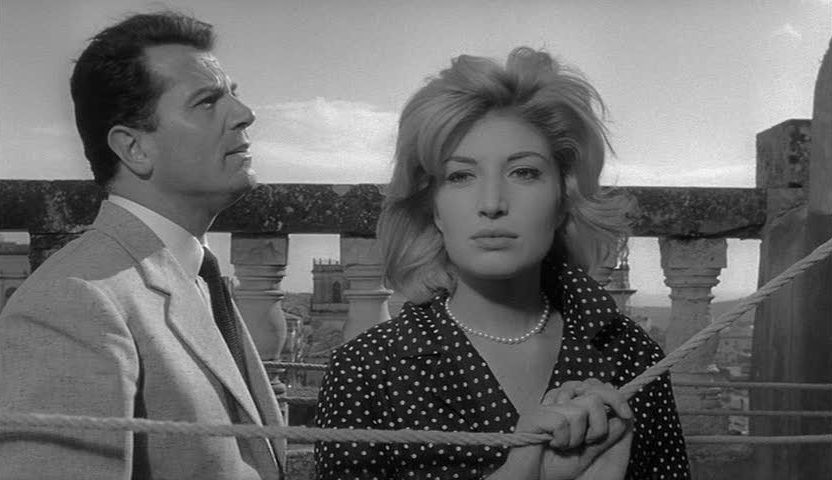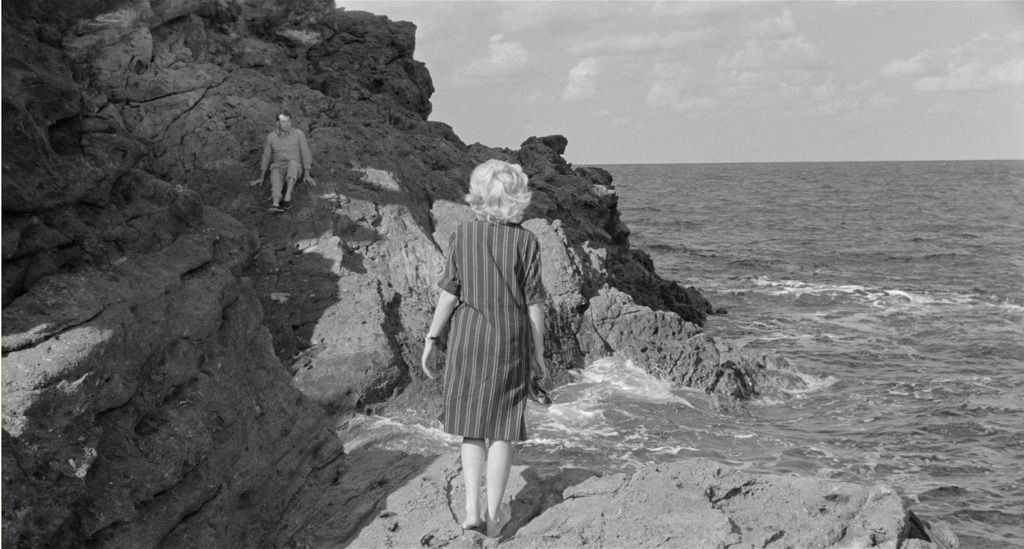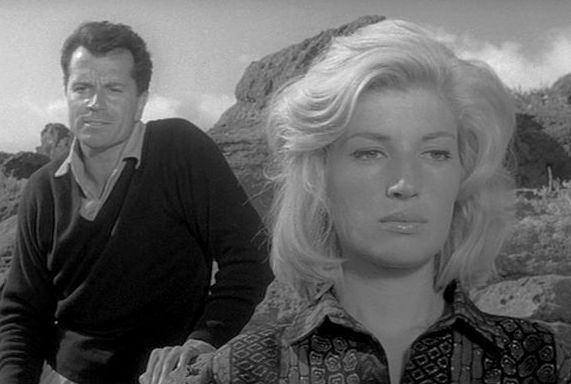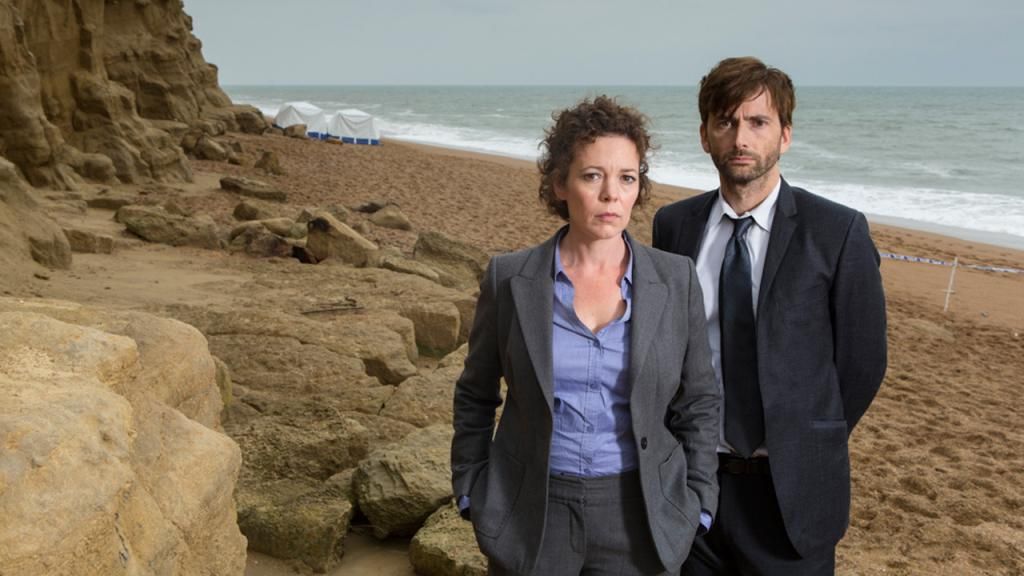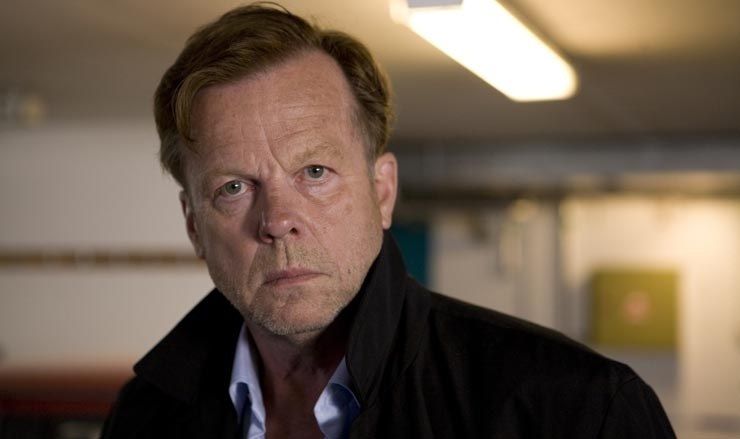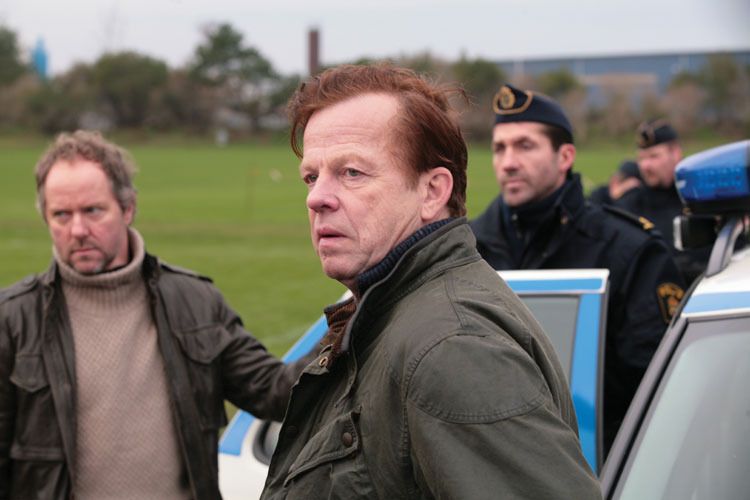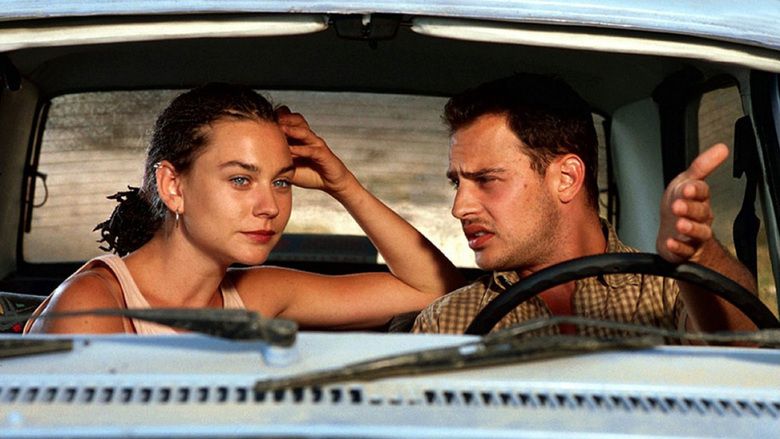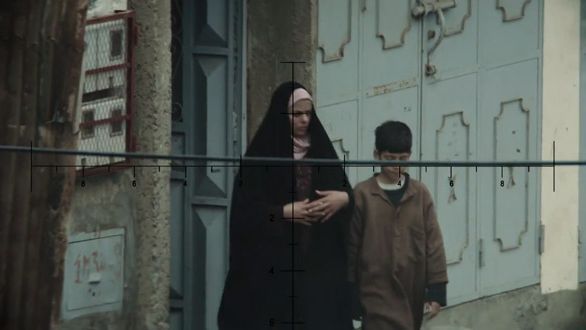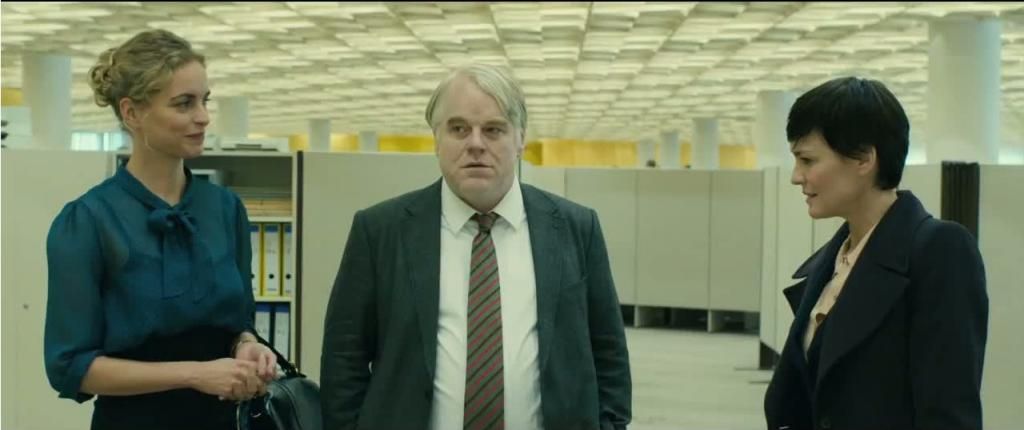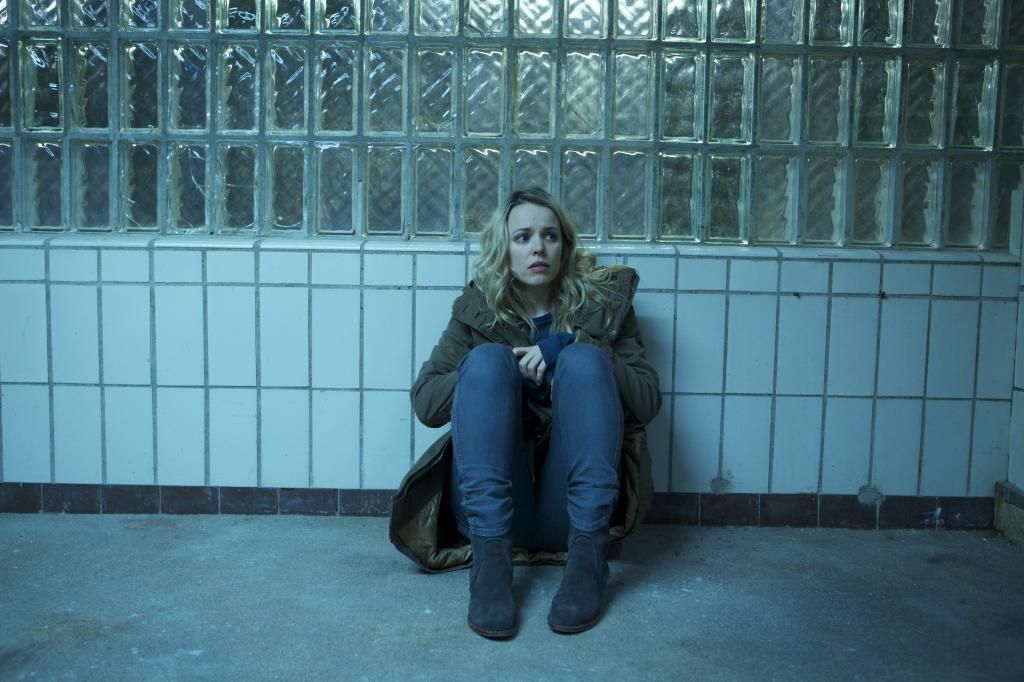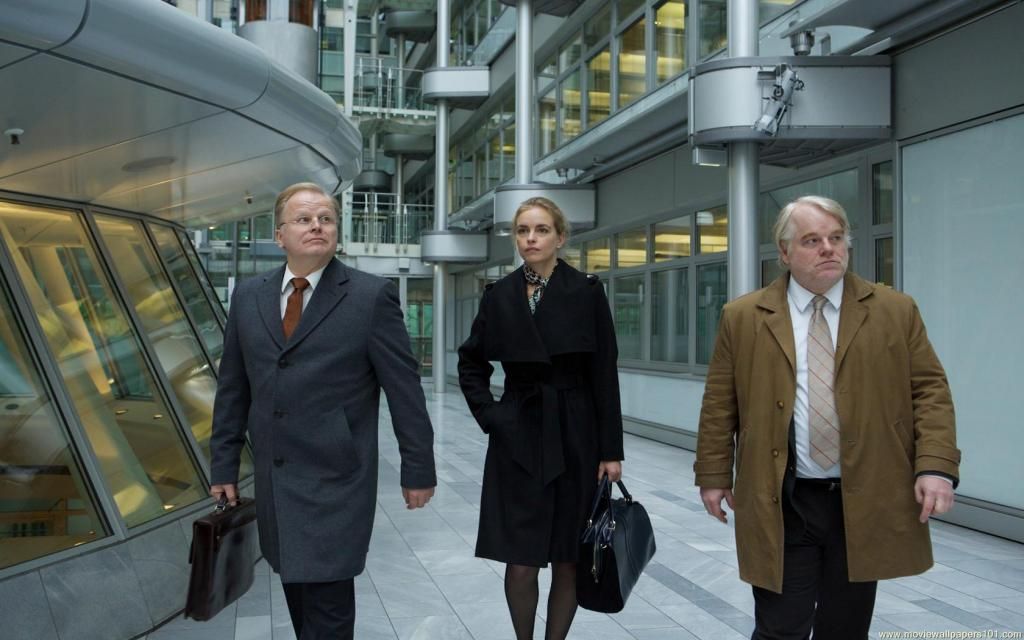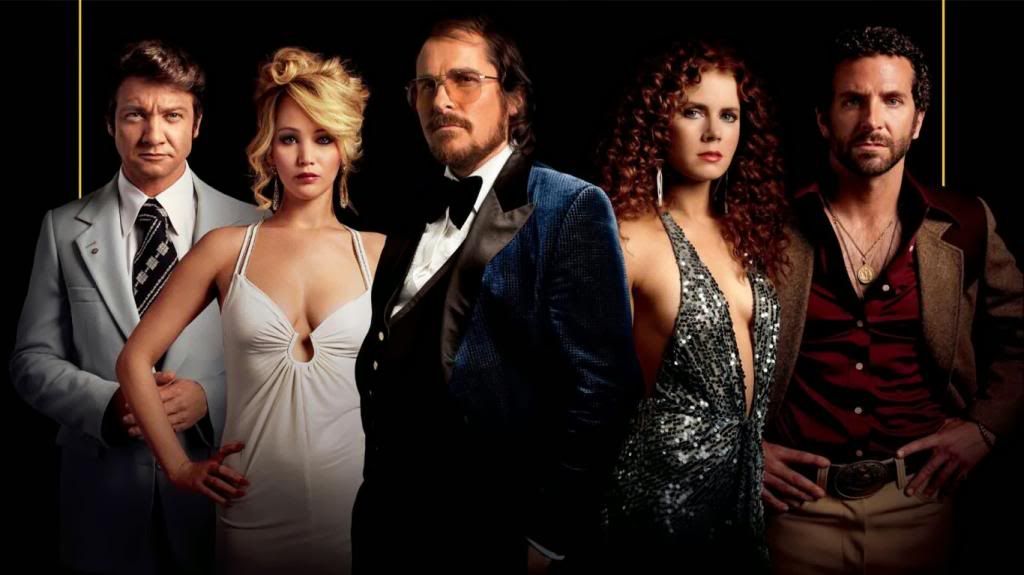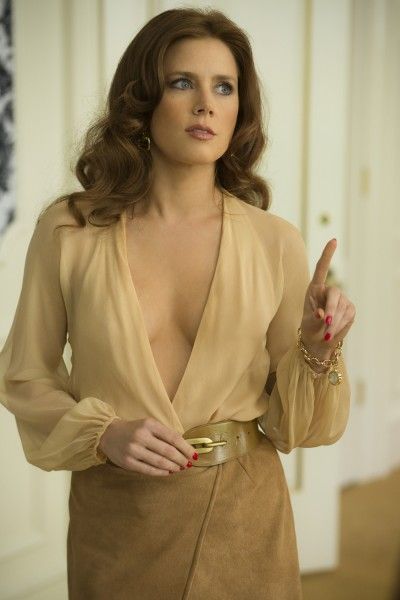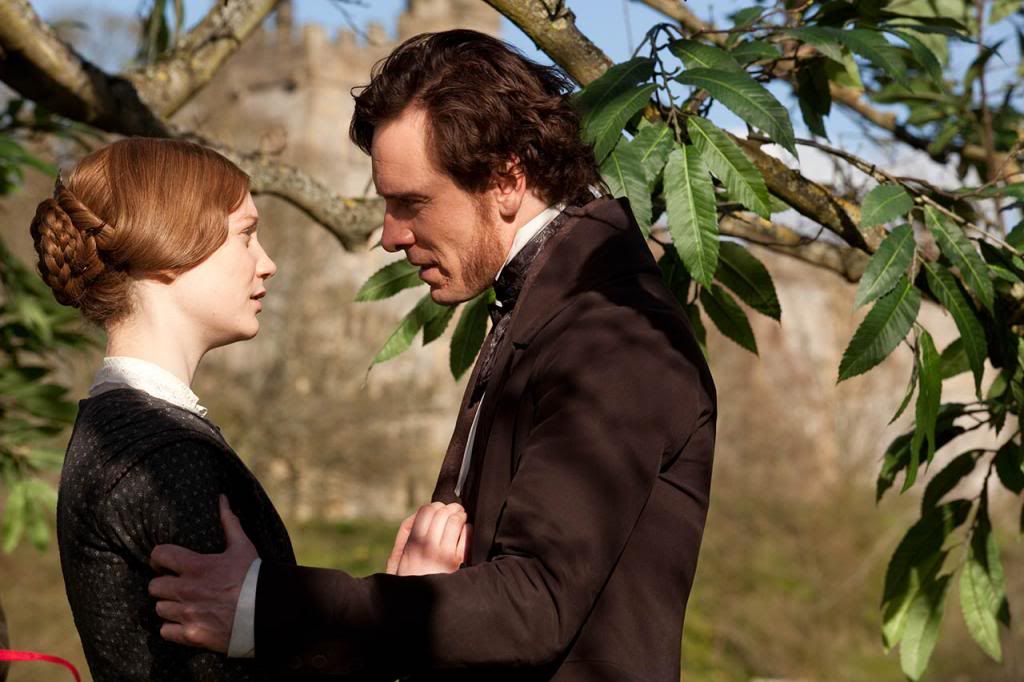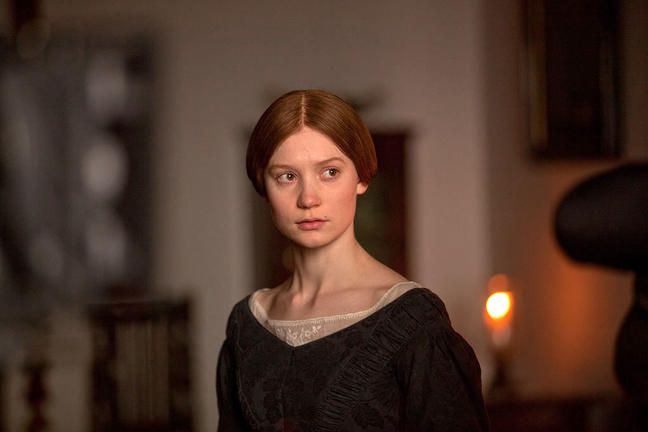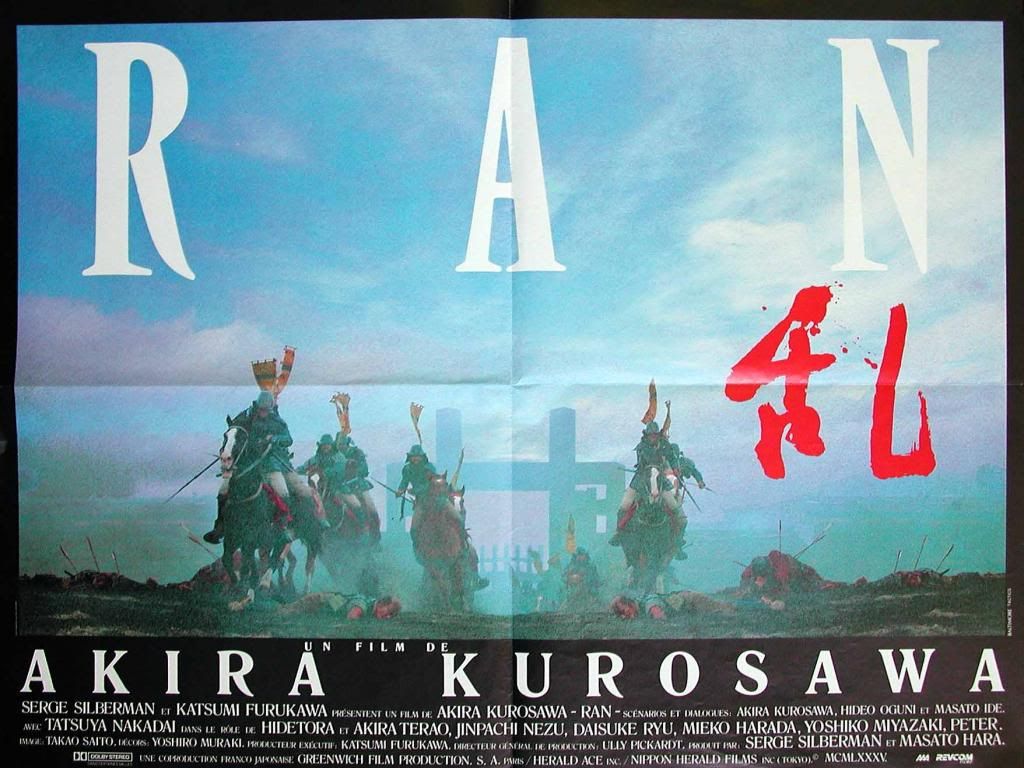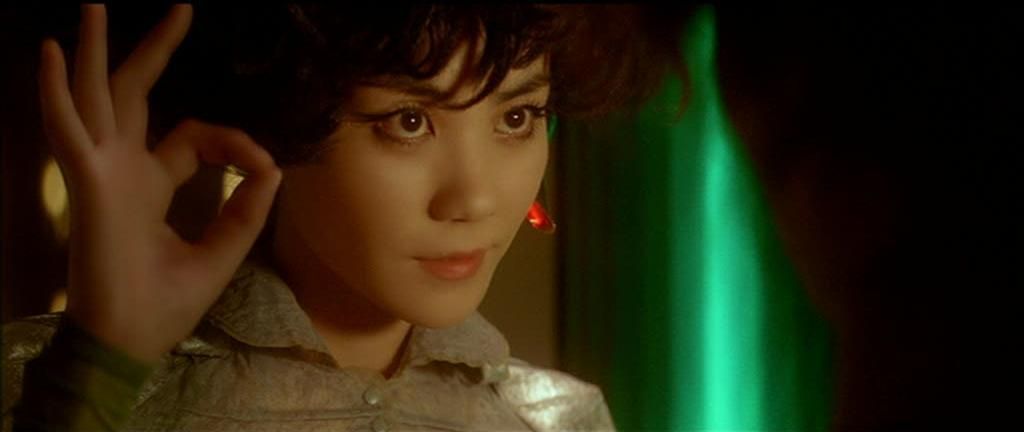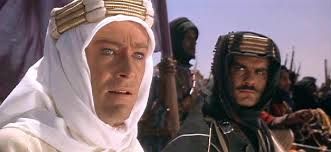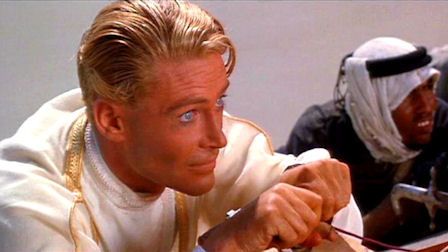Of the two Italian filmmakers who came to prominence in the '60s -- Federico Fellini and Michelangelo Antonioni -- the former seems to be today's popular and critical favorite. Antonioni has mostly been relegated to the status of "important" (a kiss of death) or the product of his time.
Criterion, the company that does superb restorations of older films, has worked their magic on Antonioni's L'Avventura (1961). The movie is now on Blu-ray disc in a dazzling transfer. The image is crisper than you would have experienced it in most theaters when it was initially released, and the sound has probably been upgraded as well.
If you've only seen L'Avventura in ill-focused, scratchy prints but found it worthwhile, you owe it to yourself to watch the Criterion Blu-ray version. The musical score doesn't strike me as particularly important in this work, but the black-and-white photography is a celebration of tones. And you get a good impression of Sicily more than half a century ago.
The knock on L'Avventura is that it's too long and under-dramatized. Long it is, about two-and-a-half hours, but except for a scene or two I found it captivating. The editing is more leisurely than is the norm nowadays, but the film is dramatic in its own idiosyncratic way. (And at least you can follow the story, which is more than can be said for many contemporary movies.)
The external action isn't particularly complicated, although what is going on beneath the surface is sometimes hard to fathom. A group of rich Romans go on a yacht trip in the sea off Sicily. Among them are Sandro (Gabriele Ferzetti); his maybe-fiancée Anna (Lea Massari); and Anna's close friend, Claudia (Monica Vitti). They explore a volcanic island. When it's time to leave, Anna has gone missing. After calling in the coast guard to no avail, all except Sandro and Claudia return to Sicily, and they soon follow.
The rest of the picture focuses almost exclusively on Sandro and Claudia. He seems unconcerned about Anna, but strongly attracted to Claudia. At first Claudia resists Sandro's attentions, then discovers a passion for her missing friend's suitor.
The movie is somewhat disjointed, like a puzzle where certain pieces don't fit. For instance, the transition between Claudia's rejection and acceptance of Sandro is abrupt. Maybe she has fancied him all along, but I didn't notice any signs of it. Whatever isn't entirely clear, though, this is a movie about grown-ups with grown-up emotions, not the adolescents of all ages that predominate in American films today.
Antonioni at this point in his cinematic career had his own style, far from that of the visionary Fellini. Antonioni was more subtle, but most of his film is beautifully composed without calling undue attention its its director. L'Avventura is replete with knowingly framed shots and backgrounds that offer value added.
(I suspect this artist envied the greater attention given to Fellini, and later let himself be "influenced," partly successfully in Blow-Up, disastrously in Zabriskie Point. His last major film, The Passenger, was a recovery that played to his strengths.)
The central characters are strongly acted. And Monica Vitti -- oh, my. An almond-eyed Byzantine Madonna with wild locks of golden hair.

